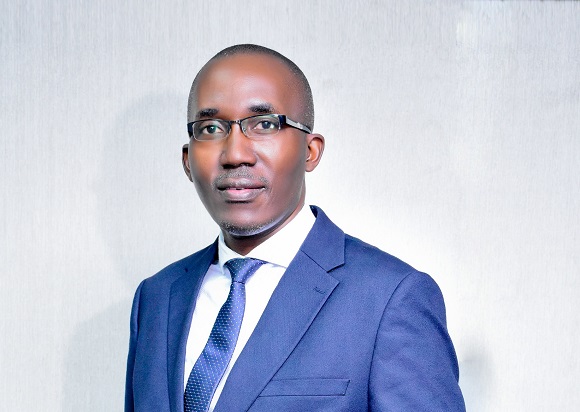By Grace Kenganzi
The media plays a crucial role in ensuring that Uganda’s oil and gas resources are managed in the best way possible. The best way being that these resources create value for Uganda and its citizens while leaving the communities and environment as good as or better than it was before the development of oil and gas.
The media plays its role by informing the public about what is happening in Uganda’s oil and gas sector. The sector is currently at the development stage with a high volume of infrastructural development and resource utilisation —human and monetary, happening. A lot of what is happening is likely to miss the attention of the public if the media does not report on it. This is especially considering the mounting propaganda against Uganda’s oil and gas projects. Opponents of these projects are well-funded and therefore have the means to infringe on press freedom by facilitating news reports meant to derail progress.
Press freedom has always meant freedom from government interference but over the years, there has been growing interference from the private sector. When journalists rely on story count to earn a decent living, in-depth reporting and investigative journalism goes out the window. For the oil and gas sector this has meant that false accusations from sponsored foreign media about Uganda’s oil and gas projects and their effect on the environment, for instance, is barely probed further by Ugandan journalists. Some of this is caused by a lack of interest and limited knowledge on the sector. A recent visit to one of the oil projects with some journalists revealed this when journalists were surprised by the degree to which biodiversity is factored into managing oil and gas resources.
This year’s theme for World Press Freedom Day is an opportunity for the media to take an interest in how the sector is minding the environment. The theme, “A Press for the Planet: Journalism in the Face of the Environmental Crisis”, presents a myriad of story pitches that serious journalists can explore. Stories on exploiting natural resources while being mindful of the environment for instance. Stories on how Uganda has taken its time to learn the best environment protection practices from other oil producers, and how these are being implemented.
Journalists can take advantage of the availability of information to address the misinformation and disinformation that is rampant, especially in digital media. The Petroleum Authority of Uganda recognises the role of the media in ensuring transparency and accountability in the oil and gas sector and therefore responds to media requests for information.
A key strategy for press freedom is plurality. In the context of Uganda’s oil and gas sector, this would be where media houses from the national level to the community-based media in the Albertine Region report on the sector. That is why any media engagement in the sector involves journalists at the different levels so that they can ably report on the sector. Of course, as already mentioned, this is also an avenue for misinformation campaigns.
A free press will therefore require equipping journalists with the resources and information to stay the course of freedom of expression without interference. These resources are made available through partnerships between the different players in the oil and gas sector and the media. Whether it’s through conferences and events, grants and webinars or field visits, there are several resources for good journalists to pursue outside press statements, and beyond World Press Freedom Day.
Grace Kengazi is a senior Corporate Affairs Officer at the Petroleum Authority of Uganda
Email : grace.kenganzi@pau.go.ug





